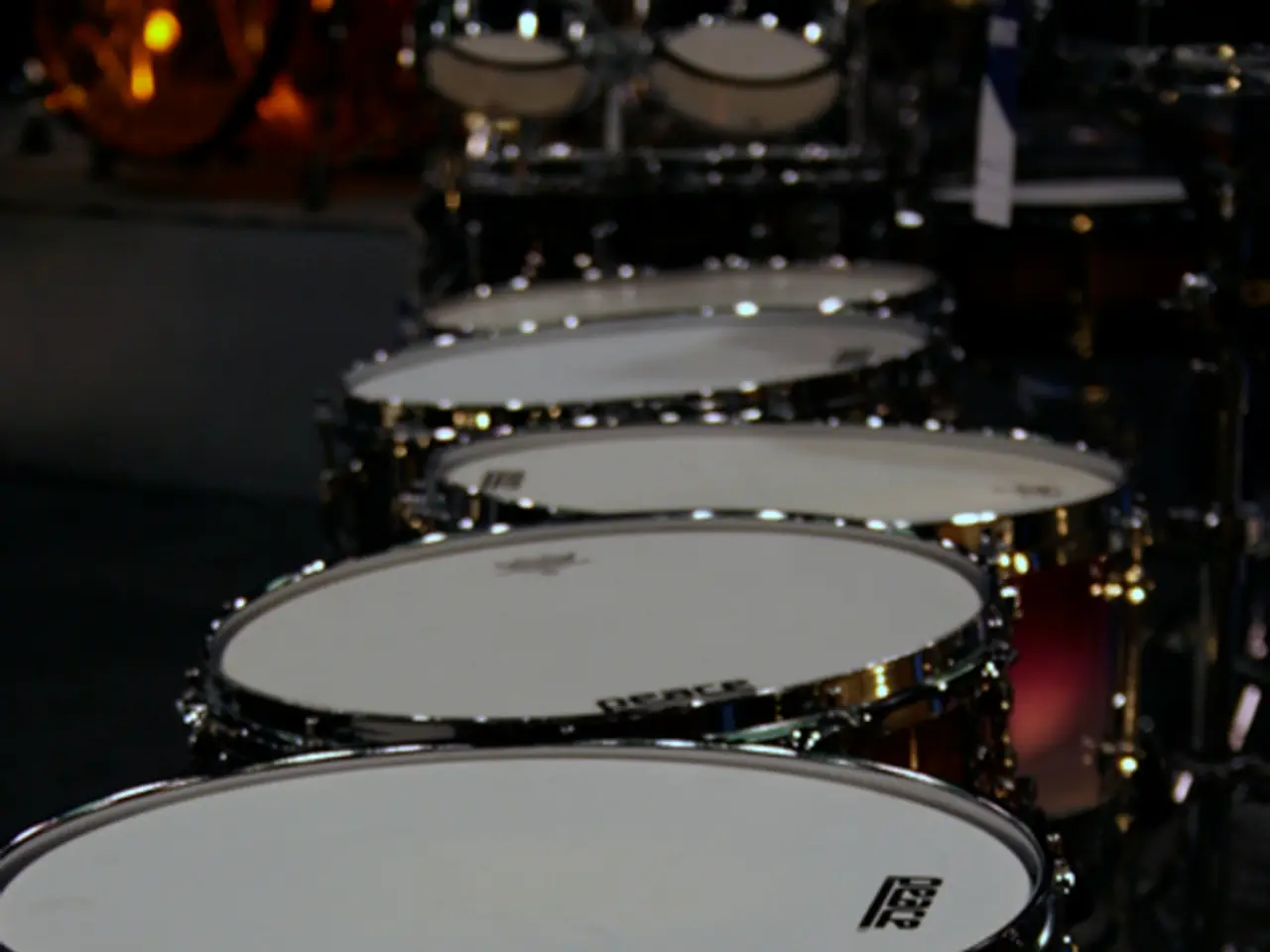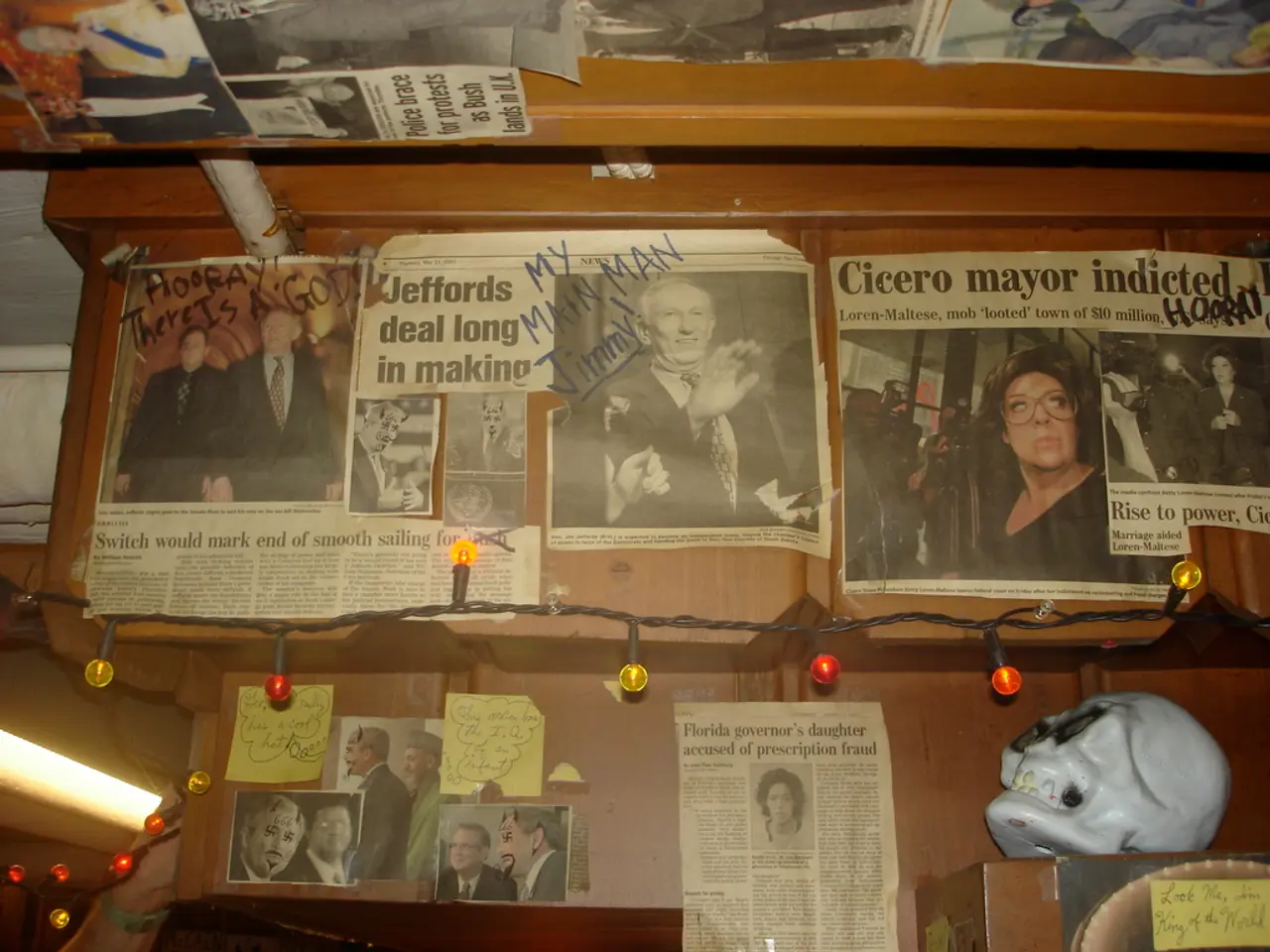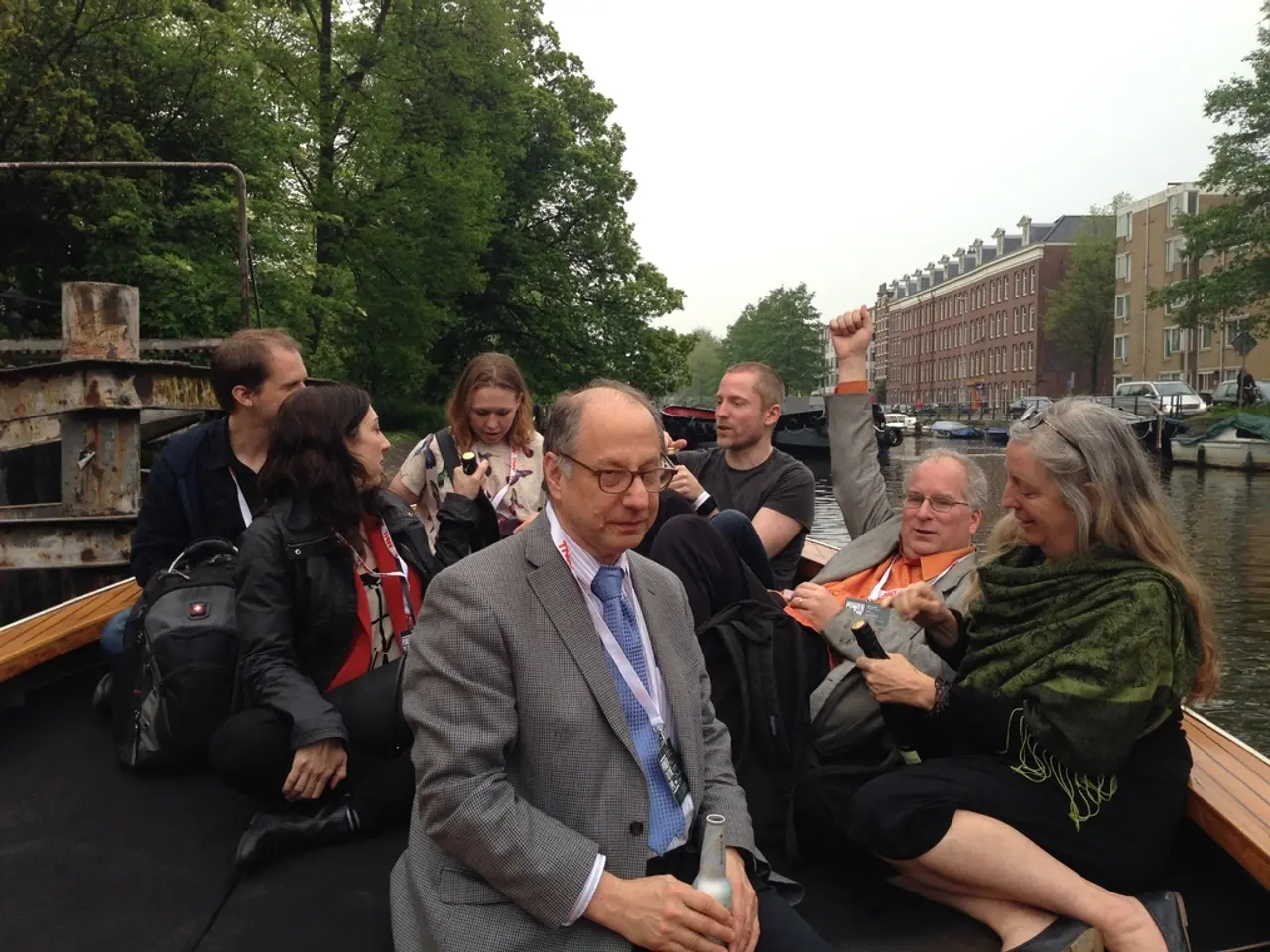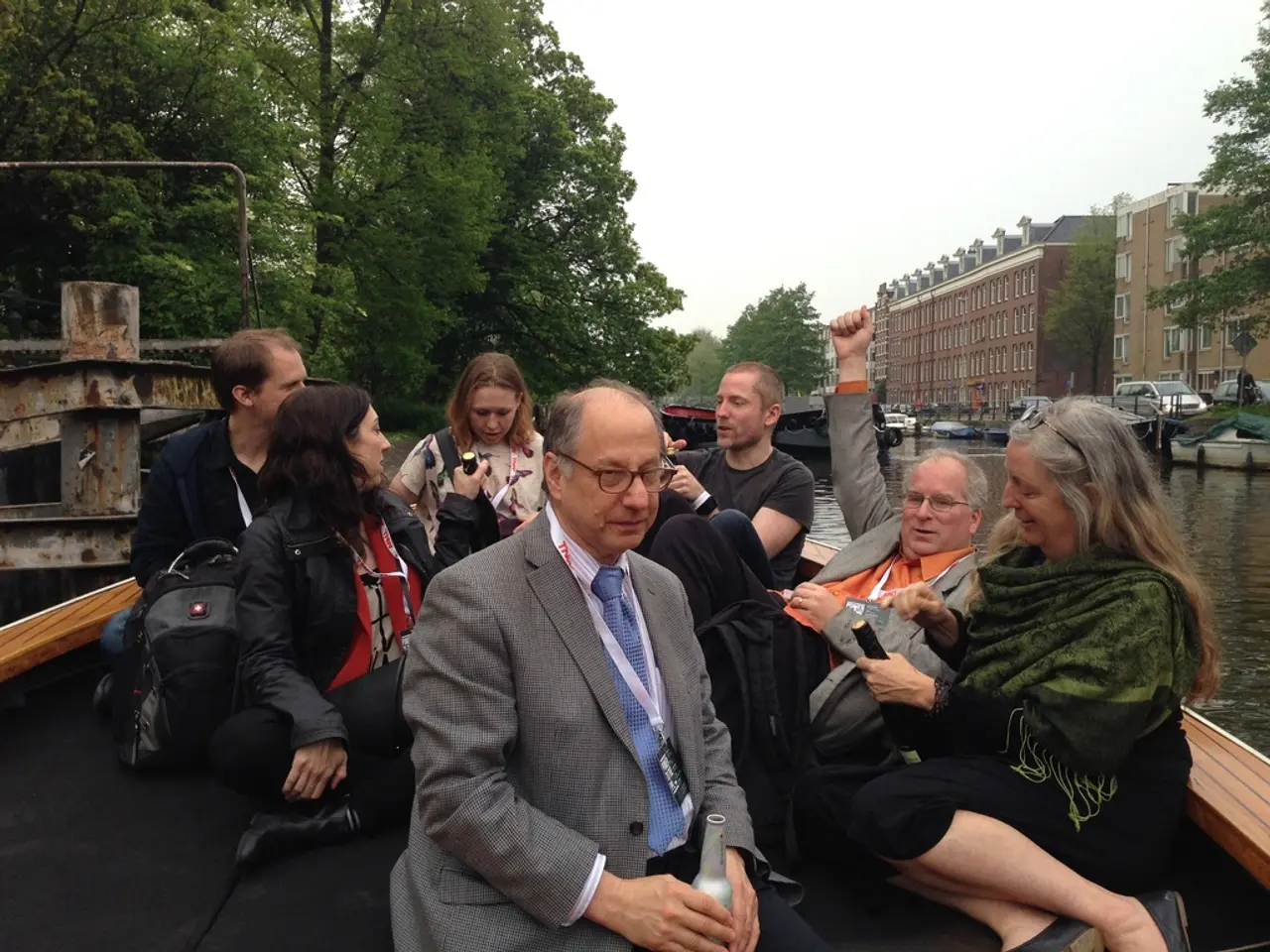Cuba's envoy in Mexico voices opinion on the discarding of Che and Fidel Castro statues: "True Revolution isn't made of stone or bronze", they declare.
## Controversial Removal of Cuban Heroes' Statues Sparks Debate in Mexico
The removal of the statues of Fidel Castro and Ernesto "Che" Guevara from Jardín Tabacalera by the Cuauhtémoc municipality has stirred up a storm of controversy, with the Communist Party of Mexico expressing strong opposition to the decision [1]. The party considers the removal as an "arbitrary decision" by the municipality, led by Alessandra Rojo de la Vega, and a form of aggression against the citizens who have cared for the Tabacalera space, considered a reference in the history between Mexico and Cuba [1].
In response to the removal, Cuban Ambassador to Mexico Marcos Rodríguez Costa took to his social media platforms to express his thoughts. Rodríguez Costa, while avoiding direct criticism of the Mexican authorities, emphasised that the essence of the revolution lies not in statues, but in ideas and a transformed consciousness [1][2]. He added that Fidel Castro, in his concept of Revolution, believed that "no force in the world can crush the force of truth and ideas" [1].
The removal was driven by both administrative issues—specifically, the lack of proper permits from the Committee of Monuments and Artistic Works in Public Spaces—and years of neighborhood complaints, vandalism, and public opposition [1]. While some saw the statues as a legitimate tribute to Cuba–Mexico historical ties, others viewed them as honoring figures associated with repression and violence in Cuba [1].
Mexican President Claudia Sheinbaum suggested the statues might be reinstalled elsewhere, characterizing them as representing a "historic moment" between Mexico and Cuba [1]. Meanwhile, some political voices in Mexico criticized the removal as unjust [3]. Sheinbaum, in a separate incident, qualified her apologies to deputy Diana Barreras on social media as "excess" [1].
Rodríguez Costa, in his statement, also added that "the true Revolution is not of stone or bronze" [1]. He described "the true Revolution" as being a transformed consciousness and a collective will to fight and build a fairer world.
In conclusion, the removal of the statues of Fidel Castro and Che Guevara has sparked a heated debate in Mexico, with the Communist Party of Mexico and the Cuban Ambassador expressing their opposition, while the Mexican President has suggested a possible reinstallation. The controversy highlights the complex and often contentious nature of historical commemoration and the role of public art in shaping national narratives.
[1] Source for facts: https://www.reuters.com/world/americas/cuba-mexico-row-statues-fidel-castro-che-guevara-2021-09-15/ [2] Source for direct quotes: https://www.elnuevoherald.com/noticias/mundo/america-latina/article254159126.html [3] Source for criticism: https://www.eluniversal.com.mx/notas/10388636/cuauhtemoc-remueve-estatuas-de-fidel-castro-y-che-guevara-de-tabacalera
- The controversy over the removal of the statues of Fidel Castro and Che Guevara in Mexico has extended to the realm of politics, with the Communist Party of Mexico, the Cuban Ambassador, and certain political voices criticizing the decision as an act of aggression, while the Mexican President has suggested a potential reinstallation.
- The debate on the removal of the statues reflects the complex and often contentious nature of historical commemoration, and raises questions about the role of public art in shaping national narratives, especially when it comes to war-and-conflicts, policy-and-legislation, and culture.








